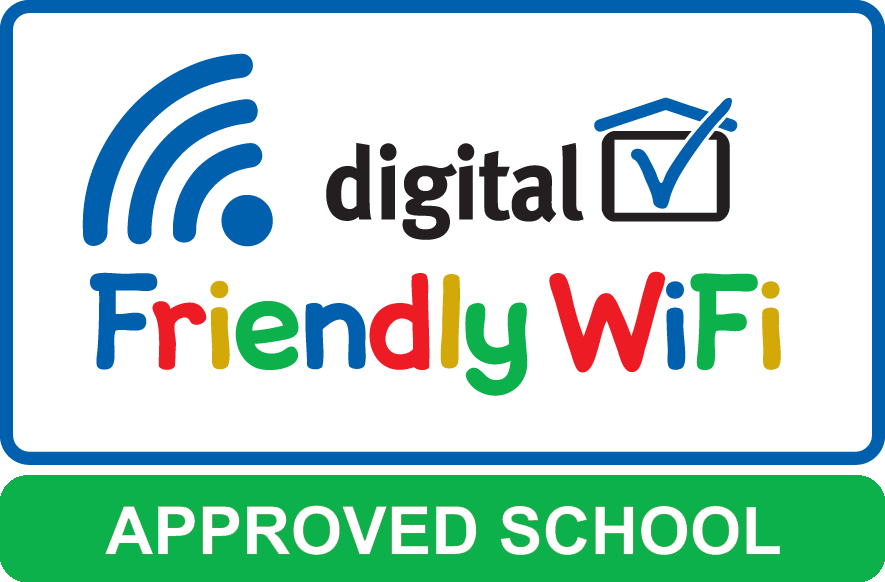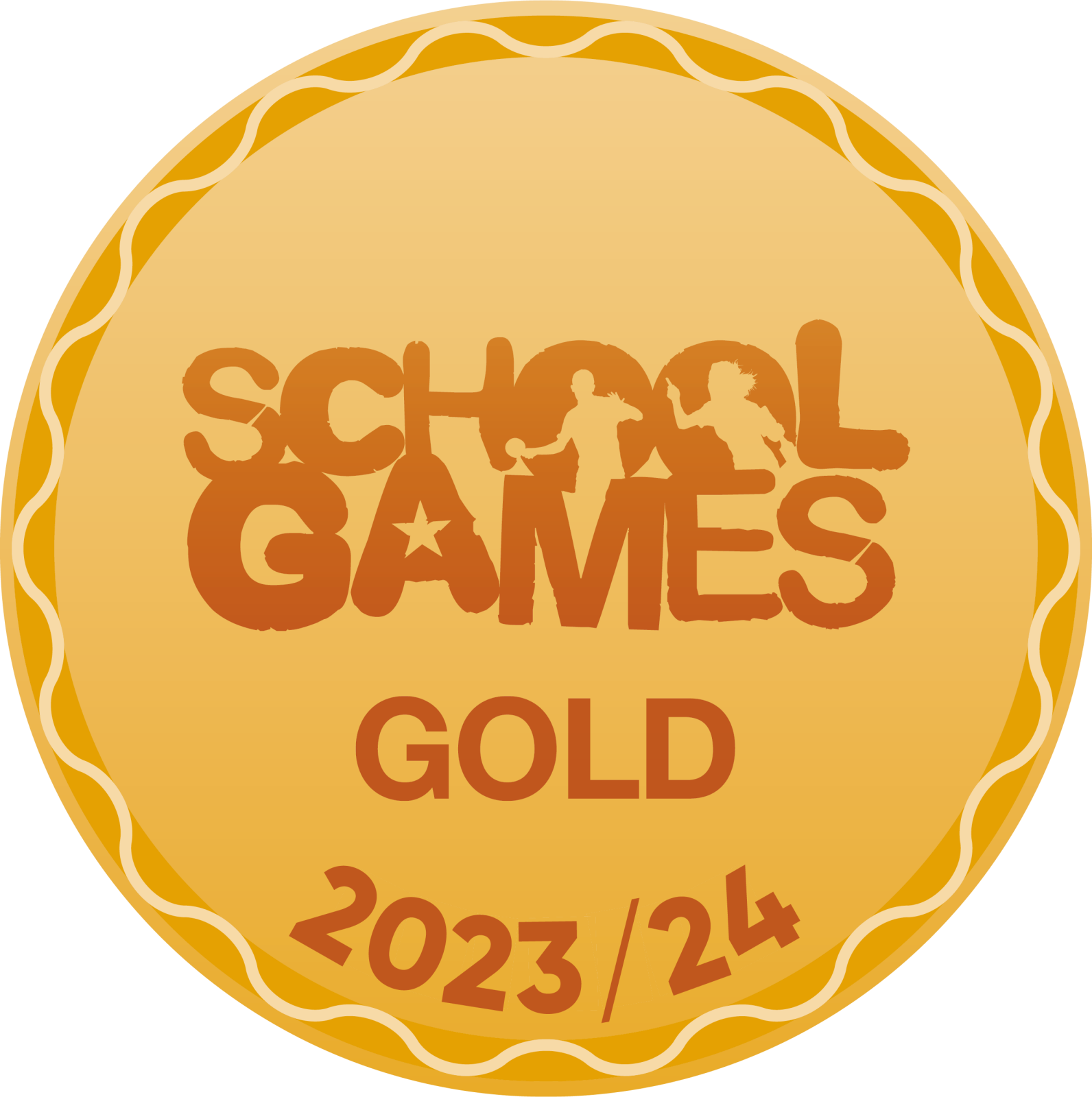Music
Welcome
Students are given the opportunity to study a wide range of musical styles, techniques and genres, ranging from early classics to contemporary music, as well as modern music technologies and sound mixing. All students are encouraged to nurture their musical talents, whatever their level of ability so that they may reach their full potential and can gain confidence from performing. The Music curriculum offers a balance between individual work, small group work and whole-class experiences.
Key Staff
Miss Carr - Head of Performing Arts
Mr Cummins
Curriculum Intent
The purpose of music is to develop confident, passionate and creative learners by equipping them with knowledge about music across different genres and disciplines (performing, composing and listening).
Key Stage 3
Class music is taught to all students in Years 7-9. This acts as a foundation for examination options in the senior part of the school where the subject alongside performing arts, is offered at Key Stage 4 and Key Stage 5. The work is practically based and all students will be encouraged to develop their skills in performing, composing, listening and technology.
The GarageBand music program is used by students throughout the school for composition work and Sibelius music program is introduced in Year 9 to aid composition work as well.
Assessment Bands
Students will follow national guidelines throughout Key Stage 3 to support and prepare them for their Key Stage 4 courses. The school operates a banding system of 1-9 (9 being the highest band). Students will be given a target based on their Key Stage 2 scores and baseline assessments on arrival at Edgbarrow. The band they are awarded at the end of the Key Stage is intended to be indicative of the grade they may achieve at GCSE.
FOR YEAR 7 & 8 ONLY: We have recently changed the way in which we track progress in Key Stage 3. The new format is currently in operation with Year 7 and 8 only. In each individual subject, students are given one of three progress bands: foundation, intermediate and higher. These bands are based on Key Stage 2 scores, as well as evidence gathered by class teachers. Throughout Key Stage 3, students will be judged to be meeting, exceeding or below expectations for their given band. The headline criteria for each of these bands can be found below, as well as a short presentation explaining the new assessment and reporting format.
Summary Curriculum Plans
-
Music Yr 7 2025-26
download_for_offline
download_for_offlineMusic Yr 7 2025-26
- Music Yr 8 2025-26 download_for_offline
download_for_offlineMusic Yr 8 2025-26
- Music Yr 9 2025-26 download_for_offline
download_for_offlineMusic Yr 9 2025-26
Key Stage 4
We offer BTEC Level 2 Music which is the equivalent of one GCSE.
At BTEC Level, students develop an understanding of how the music industry works as well as their performance or technology skills. We follow the Edexcel syllabus, which students have to complete two internally assessed components and one that’s externally assessed. Component 1 is about exploring music styles and techniques, component 2 is developing music knowledge, skills and techniques and component 3 is putting skills into practice either as a performer, composer or producer.
Assessment: Both component 1 and 2 are worth 30% of the course and component 3 is worth 40% of the course.
Summary Curriculum Plans
-
Music Yr 10 2025
download_for_offline
download_for_offlineMusic Yr 10 2025
- Music Yr 11 2025 download_for_offline
download_for_offlineMusic Yr 11 2025
Key Stage 5
At post-16 students follow the Edexcel BTEC Level 3 syllabus.
At BTEC Level, students develop an understanding of harmony, different forms of notation as well as their performance skills.
Students have to complete a project on the different notations (traditional notation, guitar tab and drum tab), an examined paper where they have to say how they would co-ordinate an event, three solo performances and three ensemble performance of which students arrange three existing piece into another style. Students should be proficient on their instrument.
Summary Curriculum Plans
-
Music Yr 12 2025
download_for_offline
download_for_offlineMusic Yr 12 2025
- Music Yr 13 2025 download_for_offline
download_for_offlineMusic Yr 13 2025
Homework Intent
Consolidate and expand knowledge to enhance and broaden musical experiences in the classroom.
Inclusion
It is our intent that pupils with special educational needs/disabilities (SEND) follow the same curriculum, learn alongside their peers and achieve similar outcomes. In addition, they may benefit from additional opportunities in the lessons and in the co-curricular activities that are arranged especially for them.
SEND Implementation and Impact
Literacy
Reading Aims:
- To ensure students are equipped to understand command words in questions.
- To ensure students are equipped with a range of independent reading strategies to aid comprehension when reading and answering exam questions.
- To ensure students are equipped with a range of independent reading strategies when interpreting musical scores.
- To support students in understanding complex vocabulary that they encounter in their reading.
- To encourage students to listen to music for pleasure outside of the lessons.
Writing Aims:
- To ensure students are equipped with strategies to construct their answers, especially by describing, explaining and analysing all points.
- To ensure students are equipped with a range of independent strategies to enable them to plan their answers carefully.
- To equip students with strategies to reflect on and redraft their writing.
- To explicitly correct spelling, punctuation and grammar to enable students to write fluently.
Spoken Language Aims:
- To ensure students are equipped to use a range of vocabulary as well as subject-specific vocabulary in their spoken language.
- To ensure students are equipped with the skills to structure a spoken presentation.
- To support students to use spoken Standard English.
- To teach students how to listen and respond formally.
- To provide students with opportunities for structured talk.
Co-Curricular
Students are encouraged to use both music rooms and the practice rooms during lunchtimes and after school, whether it is working on a solo vocal piece, a band piece or even recording. We put on concerts throughout the year, which is an opportunity for students to showcase their talent. Students are also encouraged to participate in orchestra, choir and tech club. We are always looking to expand the different co-curricular activities that we have on offer.
Private Lessons
Individual instrumental lessons are offered by a team of qualified specialist teachers and our students are always highly successful in the Associated Board of the Royal Schools of Music examinations, Rock School examinations and London Trinity examinations, at all levels from Grades 1–8. During school and after-school practices take place throughout the week. We currently have piano, keyboard, woodwind, brass, drums, guitar, violin and vocal lessons. We are always looking to expand the instrumental lessons that we have on offer.Performing
There are numerous opportunities for public performance, both in smaller recitals or a more formal concert situation. The Music Department plays an important role in the life of the school, contributing to many occasions and events, such as the Winter Concert, Spring Concert and the Summer Concert. The Department also collaborates with the Drama Department in the production of musical theatre performances.
For further information regarding our Music Curriculum please contact:
Mrs McAdam (Head of Department) - Music Yr 13 2025 download_for_offline
- Music Yr 11 2025 download_for_offline
- Music Yr 8 2025-26 download_for_offline







